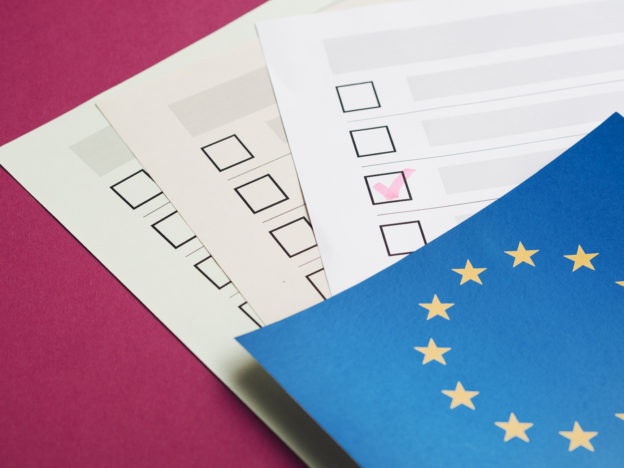Regulation (EU) 2021/821, adopted earlier this year on 20, May 2021, enters into force on Thursday, September 9, 2021. The review process of the EU regulation on the control of exports of dual-use goods and technologies is now fully completed.
While it does not fundamentally change the export control regime already applied in Europe (unlike the reform implemented in China since 2020 that significantly changed the framework in this country), this Regulation contains important new features that are summarized below.
- A redefinition of the key terms of export control.
The concept of dual-use items is extended. Cyber-surveillance technologies are now subject to export controls. They are defined in Article 2 of the Regulation as goods “designed to enable the covert surveillance of natural persons through the control, extraction, collection or analysis of data from information and telecommunications systems”. It should be noted that the European authorities have limited the scope of application of this notion to products only monitoring natural persons, without mentioning legal persons.
Moreover, the very object of the Regulation is extended. It should be noted that the Regulation is aimed at preventing the misuse of dual-use items in the context of acts of terrorism or human rights violations. The prevention of human rights violations becomes, first of all, a criterion for assessing the need to include any goods or technology in the list in Annex 1 of the Regulation and in Member States’ National Control Lists. Secondly, it becomes a ground for implementing the catch-all clause
for certain cyber-surveillance technologies not listed in Annex 1 of the Regulation.
The notion of exporter is also extended since it will also concern operators re-exporting European products. Natural persons are explicitly included in the definition of exporter. They may therefore be directly responsible for the transmission or provision of goods. The communication in electronic or oral format of these goods/technologies is also included in the scope of the Regulation. The rules imposed on operators in cases of technical assistance, transit and brokerage related to dual-use goods are also
clarified.
- More integrated and harmonized controls
Generally speaking, there is a desire to simplify the administrative procedures required for granting
authorizations and to harmonize these procedures at the European level.
The definitions of authorizations and licensing conditions are harmonized. For example, all individual or global export licenses are now valid for a maximum of two years. The requirement for an internal compliance program as a condition for the granting of a global license will be implemented and appreciated at a national level. French authorities have already started applying these requirements.
Focus on internal compliance programs: While operators are generally encouraged to adopt an internal compliance programs (ICP), these will not be mandatory, except for global licenses.
The introduction of a single license for large projects covering all exports related to the project concerned also provides an element of administrative flexibility. These authorizations are valid for a maximum of four years (a longer period of validity may be granted if certain circumstances are met).
New general export authorizations are also being introduced, including for encrypted data, shipments below a certain value, intra-group transmission of software and technology. The implementation of electronic licensing systems shall also be organized in all Member States.
- Uniform application of the “catch-all” clause
The Regulation provides for the creation by each Member State of a “National Control List” including items not listed in Annex 1 for which the State in question has nevertheless considered that their export requires an authorization. An authority may therefore take national control measures for unlisted items, but it must identify them and communicate them to the Commission, which will be responsible for publishing them in the Official Journal of the EU. We also note the possibility for national authorities to
rely on the “National Control List” of another Member State to make the export of items not listed in Annex 1 of the Regulation subject to an authorization. This novelty will harmonize the practices regarding the catch-all clause and will serve to limit any export control shopping within the EU.
***
The Customs and International Trade team of DS Avocats is at your
disposal to provide you with any further information you may require.
CONTACT US:

